How can head and neck surgeons best meet the changing needs of patients and trainees in the 21st century?
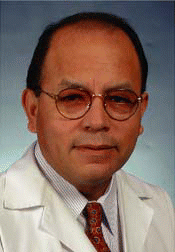

How can head and neck surgeons best meet the changing needs of patients and trainees in the 21st century?
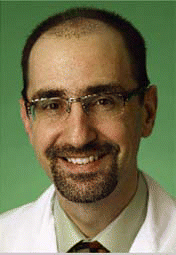
Perioperative steroids have a clinically significant impact on the technical aspects of surgery and improve objective surgical outcomes in the short and medium term, according to research and a new scoring system presented April 26 by Triological Society Mosher Award recipient Erin D. Wright, MD, FRCSC, at the Combined Otolaryngology Spring Meetings.

Since President Richard M. Nixon declared a war on cancer more than 30 years ago, the battle still rages on several fronts.
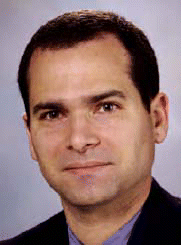
According to the American Cancer Society, smokers are six times more likely than nonsmokers to develop oral cavity and oropharyngeal cancers.
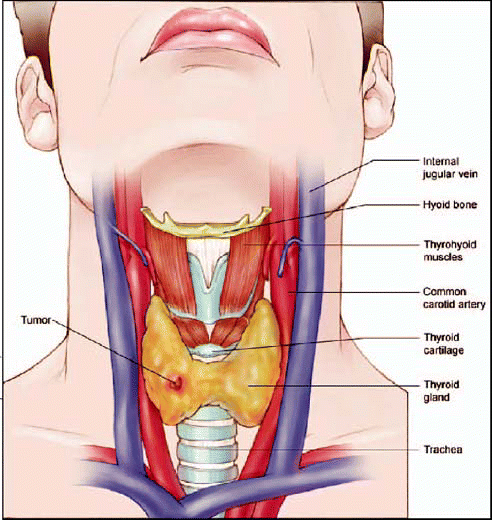
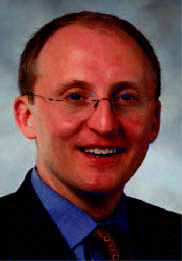
For years, radical surgery was the only treatment for head and neck cancer (HNSCC).

Gene therapy as a treatment for cancer has advanced from the theoretical to the possible: in a pilot study published in August in the journal Science, investigators reported that two of 17 patients with advanced melanoma responded to a treatment known as genetically engineered therapy.

A new Food and Drug Administration (FDA) advisory warns that the combined use of triptans and selective serotonin reuptake inhibitors (SSRIs) or selective serotonin/norepinephrine reuptake inhibitors (SNRIs) may result in life-threatening serotonin syndrome, which occurs when the body has too much serotonin.
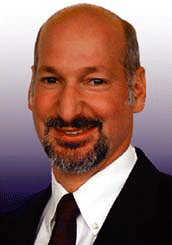
Researchers from Johns Hopkins School of Medicine have identified a means of detecting thyroidectomy patients who can safely be discharged early after surgery, with little risk of developing significant hypocalcemia.